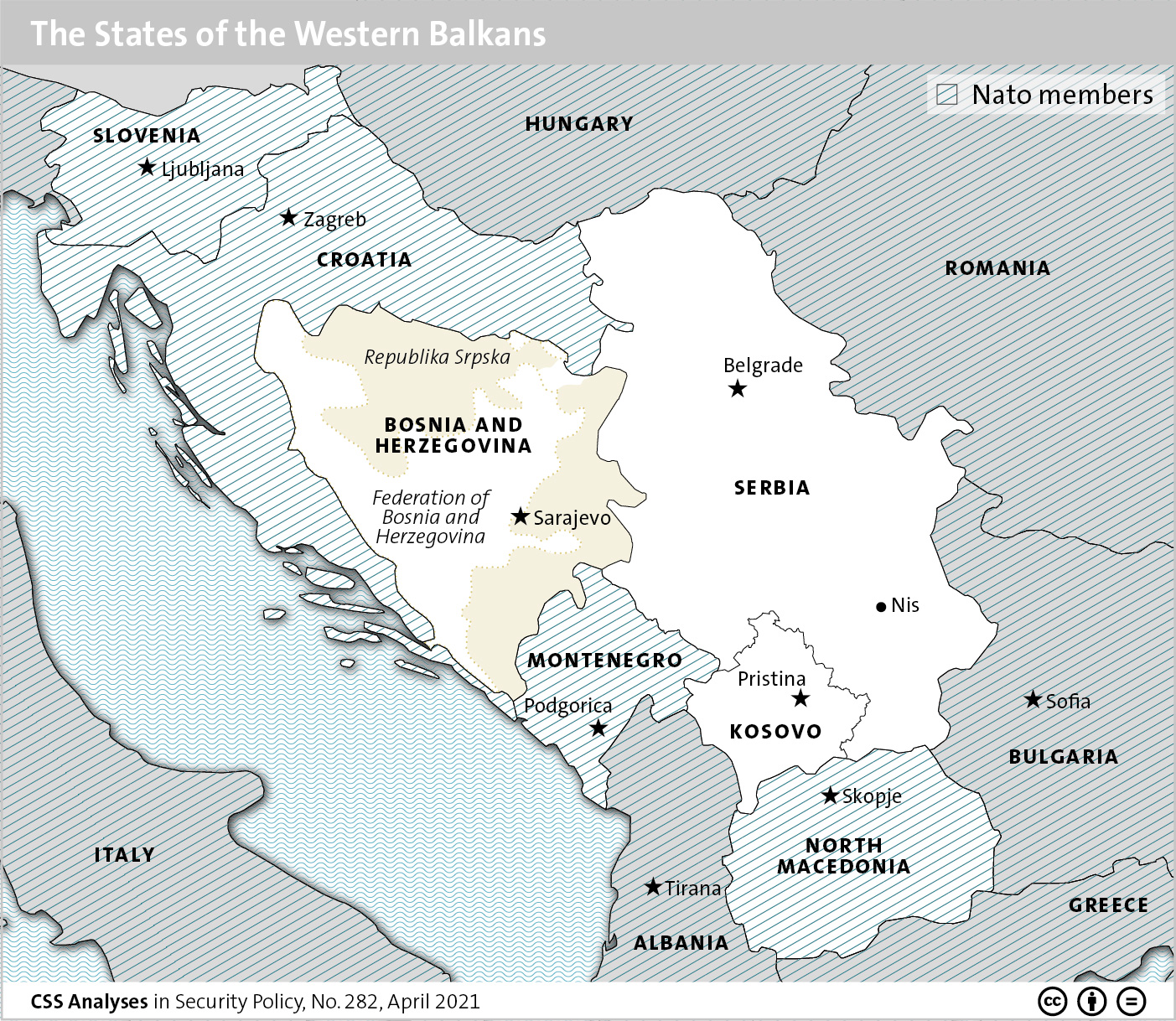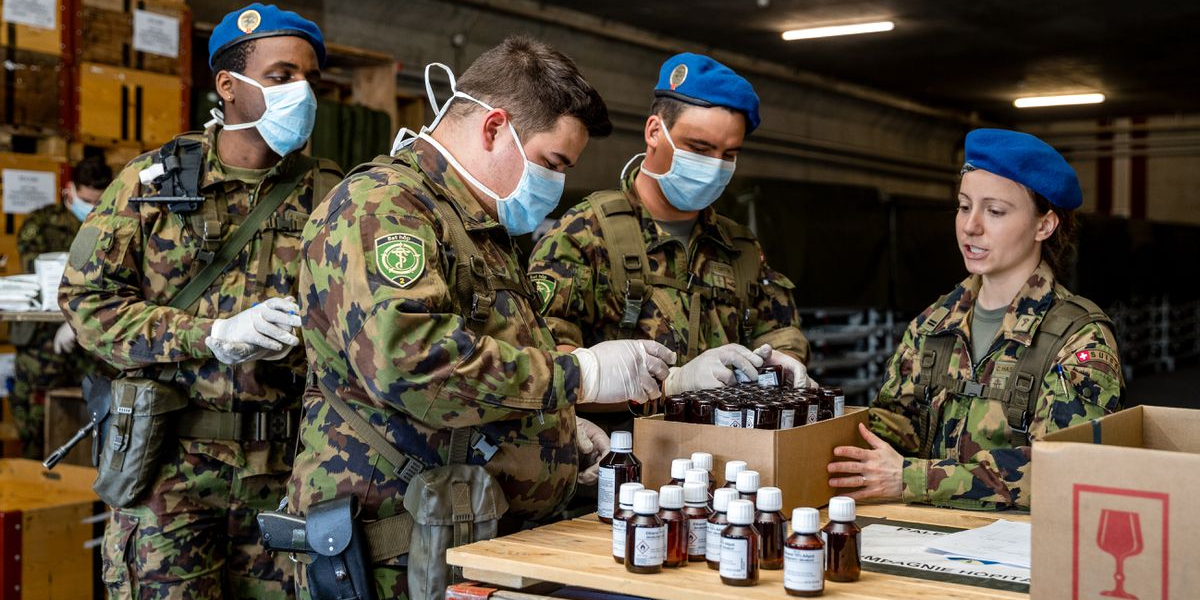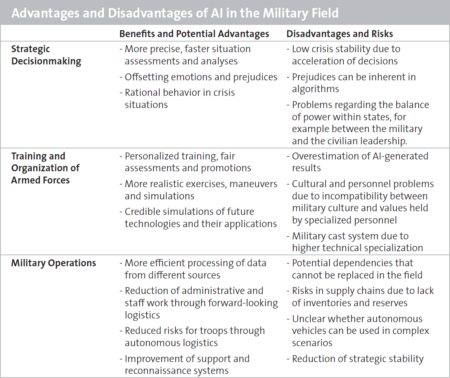
This week’s featured graphic maps the states of the Western Balkans. To find out about the rearmament in the Western Balkans, read Andrej Marković and Jeronim Perović’s CSS Analysis in Security Policy here.

This week’s featured graphic maps the states of the Western Balkans. To find out about the rearmament in the Western Balkans, read Andrej Marković and Jeronim Perović’s CSS Analysis in Security Policy here.
 Bild: © VBS. Philipp Schmidli. CC BY-NC-ND 3.0 CH
Bild: © VBS. Philipp Schmidli. CC BY-NC-ND 3.0 CH
Dieser Blogbeitrag gehört zur Coronavirus-Blog-Reihe des CSS, die einen Teil des Forschungsprojektes zu den sicherheitspolitischen Implikationen der Corona-Krise bildet. Weitere Informationen finden Sie auf der CSS-Sonderthemenseite zur Corona-Krise.
Im aktuellen Verlauf der Corona-Krise zeichnen sich ambivalente Auswirkungen auf die Militärpolitik der europäischen Staaten ab. Einerseits drohen einbrechende Wehretats und zusätzliche Erwartungen im Hinblick auf subsidiäre Einsätze. Anderseits birgt dieses Fundamentalereignis auch die Chance, die politisch-gesellschaftliche Verankerung der Streitkräfte zu festigen – vorausgesetzt, in seiner Aufarbeitung gelingt die Abstraktion von der «Pandemie» zum allgemeineren «Krisenfall» und von der «Landesverteidigung» zur umfassenderen «strategischen Krisenversicherung».

This article was originally published by the Istituto Affari Internazionali (IAI) in February 2020.
On 8 January 2020, Turkey and Russia sought to broker a cease-fire between warring factions in Libya, calling on both sides to resume negotiations and end this new phase of the conflict raging since April 2019. While the cease-fire remained a dead letter, with talks moving to the international conference in Berlin, the effort underscored Moscow’s and Ankara’s growing influence in the country, with each actively supporting opposing sides in Libya.

This article was originally published by the NATO Defense College (NDC) in January 2020.
The credibility of any alliance depends on its ability to deliver deterrence and defence for the safety and security of its members. Without capability, any alliance is deprived of credibility and exists only on paper. Despite a rocky history – up to and including the current debate on burden-sharing – capability lies at the heart of NATO’s success. There is good cause to draw optimism from the Alliance’s accomplishments throughout its 70 years in providing a framework for developing effective and interoperable capabilities.

This graphic outlines the potential benefits and disadvantages of using of Artificial Intelligence (AI) in the military field regarding 1) strategic decision making, 2) training and the organization of armed forces; and 3) military operations. To find out more, read Niklas Masuhr’s recent CSS Analyses in Security Policy on ‘AI in Military Enabling Applications’